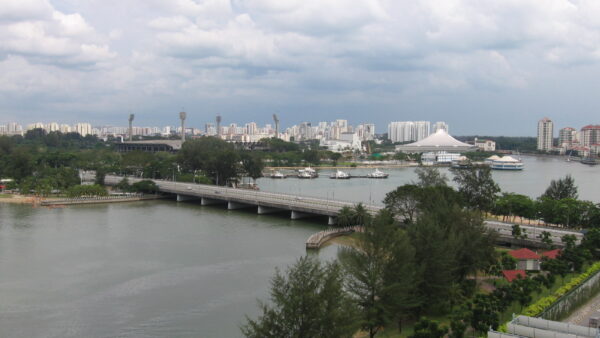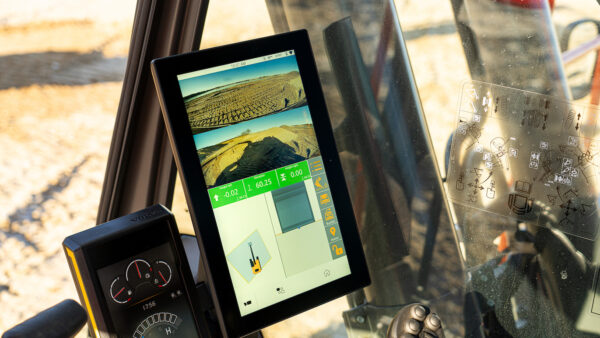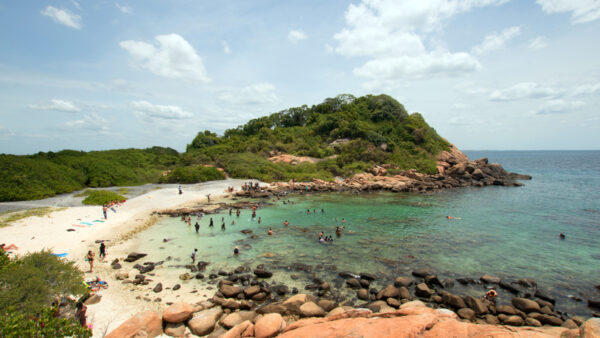India’s foreign ministry announced today that 40 of its citizens may have been abducted in northern Iraq. It is feared that the men, who were working for a Turkish construction company near Mosul, have been kidnapped by Sunni insurgents. Ministry spokesperson Syed Akbaruddin said the 40 were among about 100 construction workers who were thought to be stranded in territory taken over by the Islamic State in Iraq and the Levant (Isis) in recent weeks.
Meanwhile, international construction firms that have returned to Iraq to compete for a share of the country’s rebuilding work are keeping a watching brief as the front line in the war against Sunni militants moves closer to Baghdad. The insurgents overran Nineveh province last week, including Iraq’s second city of Mosul. They are now advancing on the capital from the north and north-west while the government of Iraq scrambles to rally its army and mobilise irregular blocking forces. Â
In the latest developments, an Iraqi government official quoted by Reuters said the militants controlled 75% of the Baiji refinery, 210km north of Baghdad, and were fighting for control of the western city of Ramadi, one of the centres of Sunni opposition to the former US occupation.
Foreign construction firms are typically undertaking projects in Baghdad, the southern Shi’ite port of Basra, or the northern Kurdistan region, which is now under the quasi-sovereign control of its own government.Â
International firms that have returned to Iraq in recent years include Aecom, which was appointed in 2010 as an adviser to the Iraqi government, and was later named lead consultant for the construction of the country’s parliament building. CH2M is providing management services for the first phase of a multibillion dollar development due to be carried out by South Korea’s TRAC Development for the provision of 500,000 homes in Baghdad and Basrah.Â
One problem that firms will face once the crisis has passed is that the Iraqi government, which is the client for much of the work being undertaken in the country, including up to 2.5 million new housing units, will have been effectively dismantled by it.
We see now Iraq before Mosul and after Mosul. I think it will be very difficult for the situation to go back the same as before– Nechirvan Barzani, prime minister of Kurdistan
Nechirvan Barzani, the prime minister of Kurdistan region, said this week that he did not believe the country would survive in the form it has taken since the dissolution of the Ottoman empire in 1918. In an interview with the BBC, Barzani said he sees the Sunnis having their own region, similar to the Kurds. “Regarding a solution, it is for the Sunni areas to decide, but the best model is to have a Sunni region like we have in Kurdistan.”
Barzani said it would be “almost impossible” for Iraq to return to the situation that existed before the fall of Mosul. He said: “We see now Iraq before Mosul and after Mosul.
I think it will be very difficult for the situation to go back the same as before.” He stressed that Isis was only one element in a general Sunni revolt against the Shi’ite government of Prime Minister Nouri al-Maliki, and that the majority of Kurds were also Sunni.Â
“It is not only Isis. It is the result of the wrong policy in Baghdad vis-Ã -vis Sunni areas. It’s about all the Sunni community that feels neglected, and first we have to convince the Sunnis in a political process,” Barzani told the BBC. He added that there was no trust left between Maliki and Iraq’s Sunnis, Kurds or even Shi’ites.










